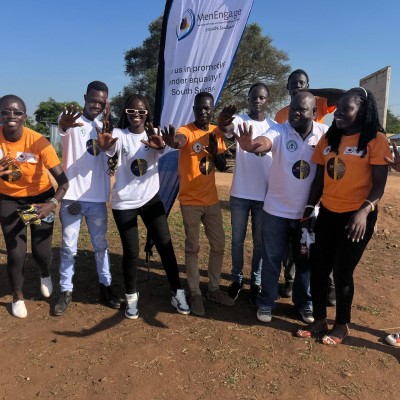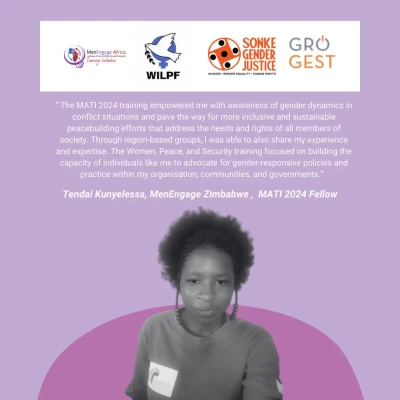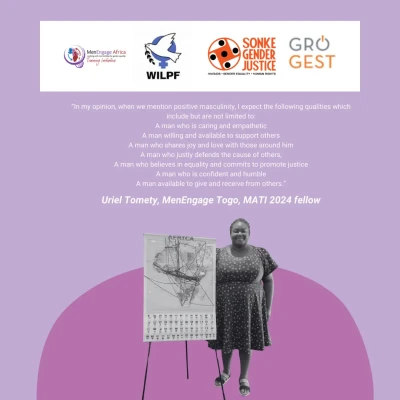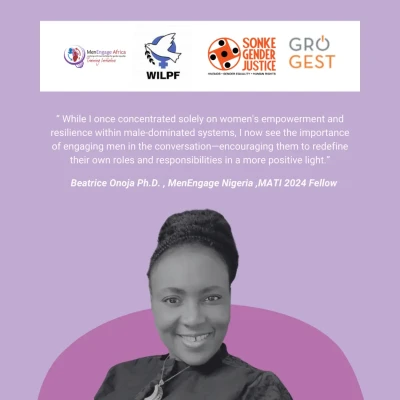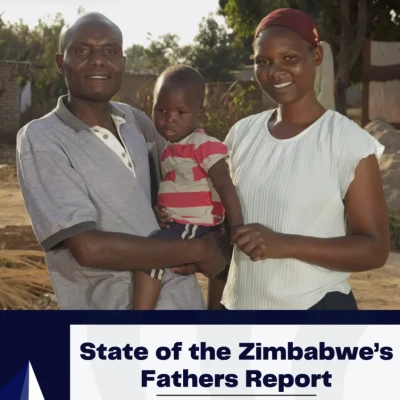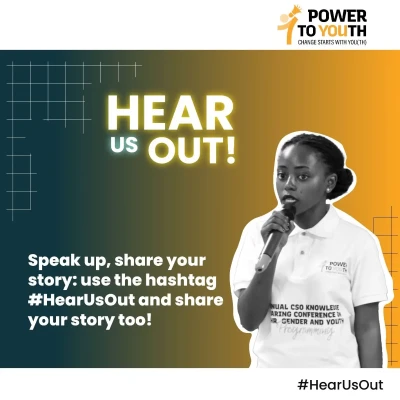The Linking Policy and Implementation for Gender Equality in Malawi, Namibia, and Zimbabwe is a three-year programme that began in October 2021 and will conclude in September 2024. This three-year project will ultimately contribute to an increase in gender equality and a reduction in GBV in Southern Africa. When social and gender norms are disrupted and civil society organisations and movements have the capacity to advocate for better policies and laws, then governments and communities are better addressing GBV risk factors and thereby preventing/ reducing GBV incidents.
Gender-based violence is a major problem in Southern Africa, one that disproportionately affects women. GBV has a significant negative economic and social impact on the region, with 50% of women in the region at risk of experiencing GBV. GBV is a human rights violation that comes with devastating consequences for individuals, families, communities, and societies.
What is being done to combat or prevent GBV?
- Work to change attitudes, or questioning gender roles and stereotypes that make gender-based violence acceptable in society. This is done through organising campaigns and trainings
- Work with religious and traditional leaders to be able to identify, address and respond to gender-based violence.
- Work with the media
The role of Sonke Gender Justice
Sonke provides institutional capacity strengthening and technical expertise to country networks through sub-grants, training, and peer exchange activities, as well as coordinate regional policy activities.



